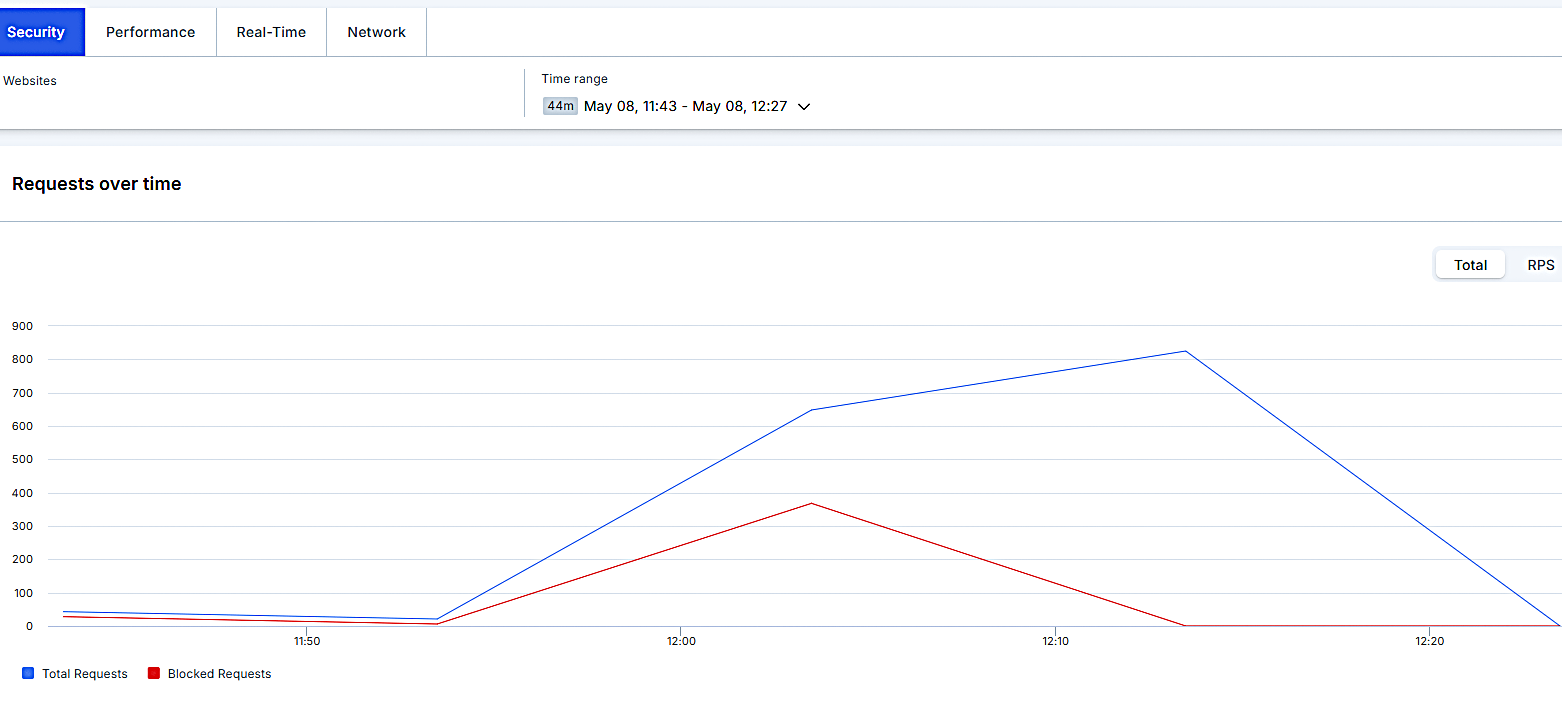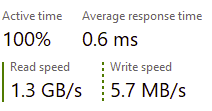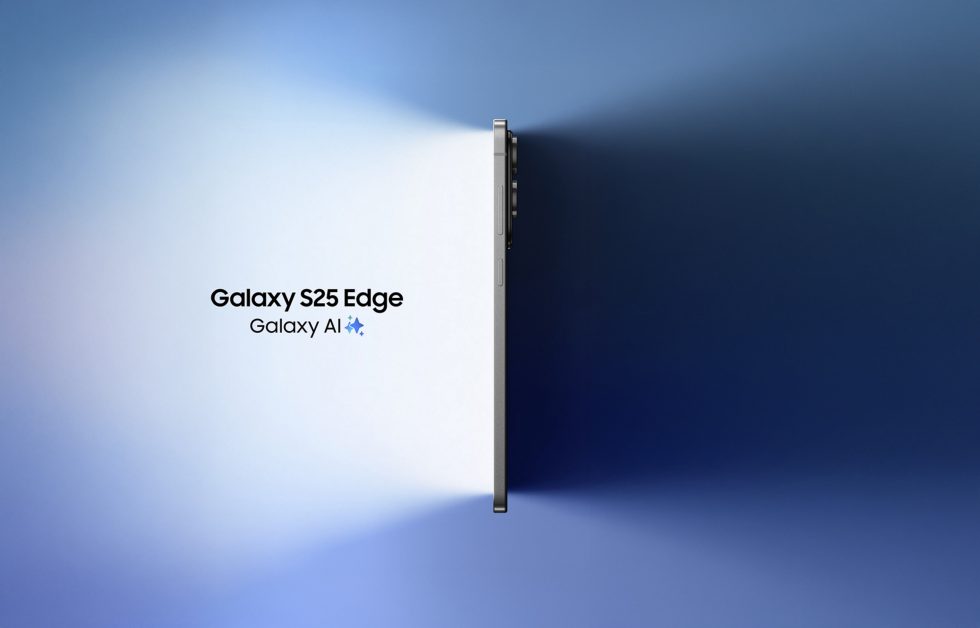Update Chrome! This update fixes a flaw that’s being exploited by hackers
Google has released a new security update for its Chrome 136 browser, one day later than expected. Several vulnerabilities have been fixed in Chrome versions 136.0.7103.113/114 for Windows and macOS and 136.0.7103.113 for Linux. According to Google, one of the vulnerabilities is already being exploited in the wild. Other Chromium-based browsers are expected to follow suit in the next few days. In the Chrome Releases blog post, Srinivas Sista names the two of the four fixed vulnerabilities that were discovered by external security researchers and reported to Google. Google classifies these two vulnerabilities (CVE-2025-4664 and CVE-2025-4609) as high risk. Google didn’t provide details on the other two internally discovered vulnerabilities. Google also released Chrome for Android 136.0.7103.125. This fixes the same vulnerabilities as the desktop versions. Google plans to release Chrome 137 at the end of May. As a rule, Chrome updates itself automatically when a new version is released. However, if it doesn’t, you can manually update via three-dot menu > Help > About Google Chrome. Other Chromium-based browsers The other Chromium-based browsers will be following suit with their own updates. Brave and Microsoft Edge are currently at the security level prior to this Chrome update, with both having switched to Chromium 136 in the first week of May. Vivaldi isn’t expected to do this until the weekend. The current pre-release version Vivaldi 7.4 RC 2 already contains Chromium 136.0.7103.113. For the current Vivaldi version 7.3.3635.12, the developers have backported a patch against the security vulnerability CVE-2025-4096 from Chromium 136 to Chromium 134. Google closed this vulnerability with a high risk rating two weeks ago. Opera released version 119 this week, which uses the outdated Chromium 134, for which Google no longer provides updates. In order to catch up, Opera will have to take a big step with its next browser version and skip at least one, preferably two, Chromium generations. Further reading: The best browsers for security and privacy

Google has released a new security update for its Chrome 136 browser, one day later than expected. Several vulnerabilities have been fixed in Chrome versions 136.0.7103.113/114 for Windows and macOS and 136.0.7103.113 for Linux. According to Google, one of the vulnerabilities is already being exploited in the wild. Other Chromium-based browsers are expected to follow suit in the next few days.
In the Chrome Releases blog post, Srinivas Sista names the two of the four fixed vulnerabilities that were discovered by external security researchers and reported to Google. Google classifies these two vulnerabilities (CVE-2025-4664 and CVE-2025-4609) as high risk. Google didn’t provide details on the other two internally discovered vulnerabilities.
Google also released Chrome for Android 136.0.7103.125. This fixes the same vulnerabilities as the desktop versions. Google plans to release Chrome 137 at the end of May.
As a rule, Chrome updates itself automatically when a new version is released. However, if it doesn’t, you can manually update via three-dot menu > Help > About Google Chrome.
Other Chromium-based browsers
The other Chromium-based browsers will be following suit with their own updates. Brave and Microsoft Edge are currently at the security level prior to this Chrome update, with both having switched to Chromium 136 in the first week of May.
Vivaldi isn’t expected to do this until the weekend. The current pre-release version Vivaldi 7.4 RC 2 already contains Chromium 136.0.7103.113. For the current Vivaldi version 7.3.3635.12, the developers have backported a patch against the security vulnerability CVE-2025-4096 from Chromium 136 to Chromium 134. Google closed this vulnerability with a high risk rating two weeks ago.
Opera released version 119 this week, which uses the outdated Chromium 134, for which Google no longer provides updates. In order to catch up, Opera will have to take a big step with its next browser version and skip at least one, preferably two, Chromium generations.
Further reading: The best browsers for security and privacy


_Brian_Jackson_Alamy.jpg?width=1280&auto=webp&quality=80&disable=upscale#)


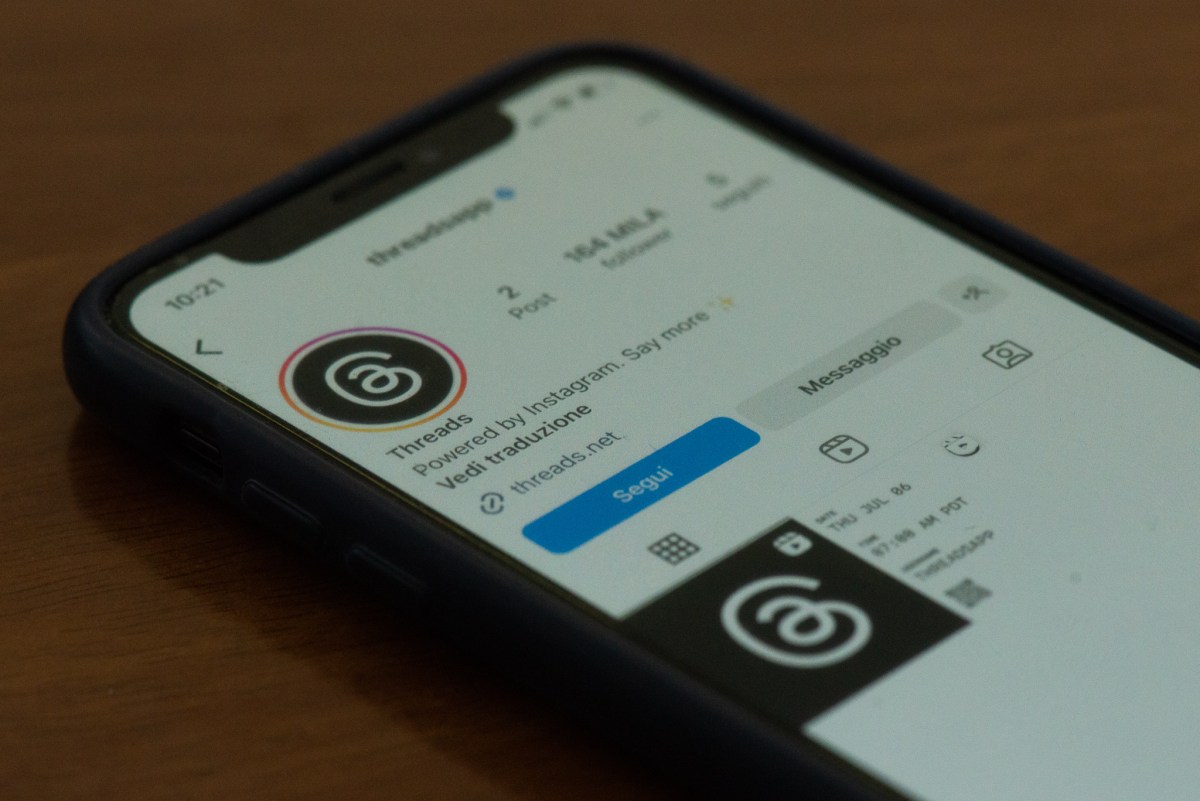





























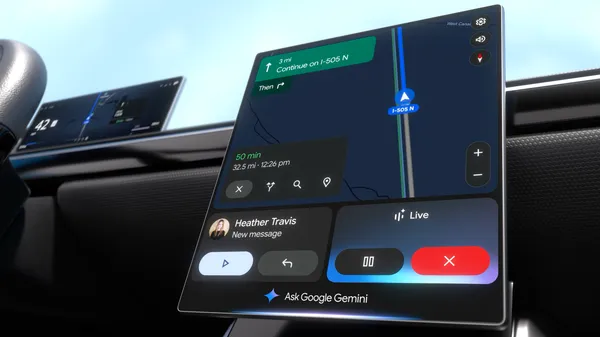







































![Trump Tells Cook to Stop Building iPhones in India and Build in the U.S. Instead [Video]](https://www.iclarified.com/images/news/97329/97329/97329-640.jpg)

























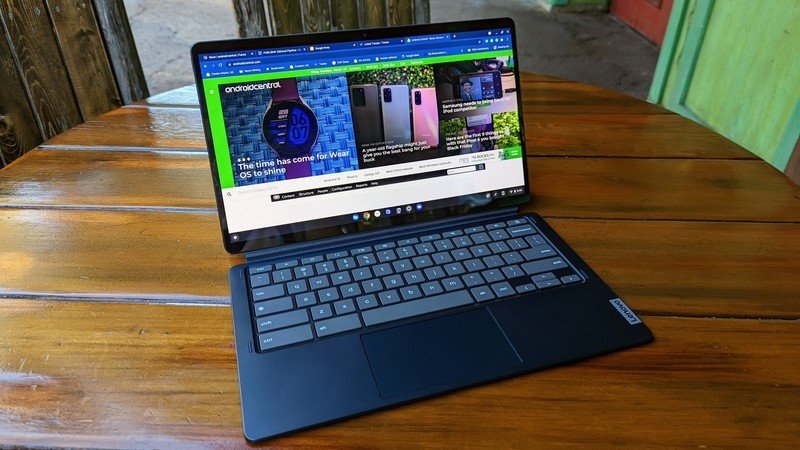
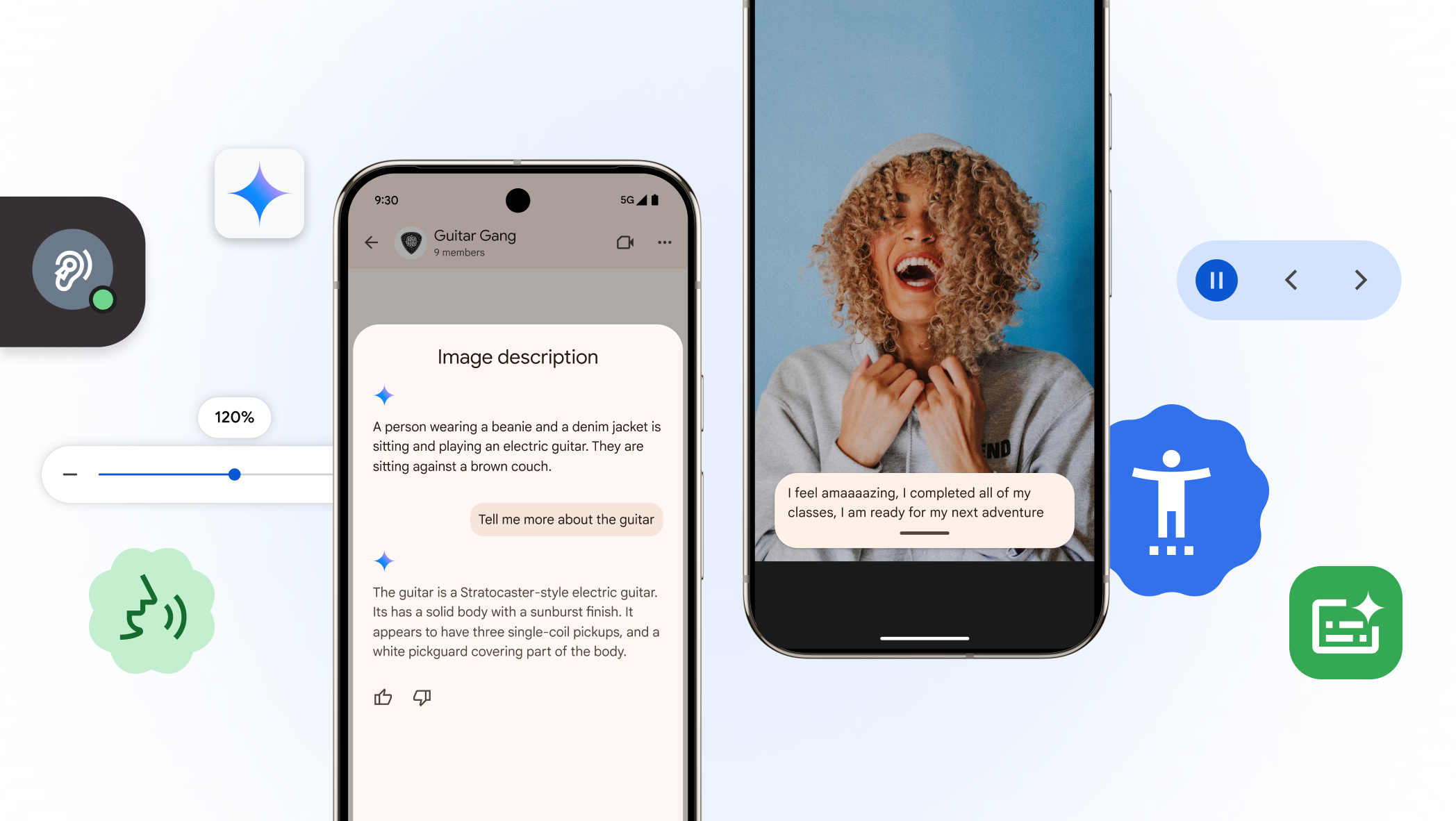




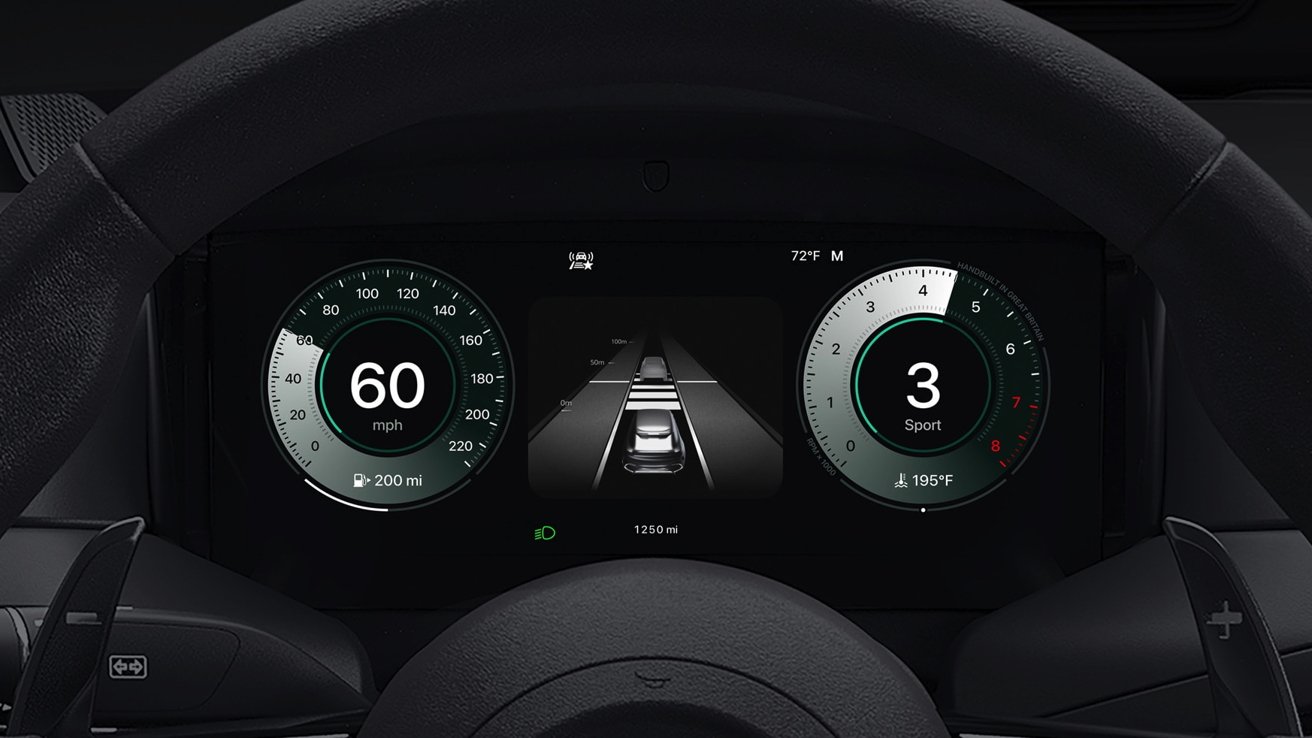








































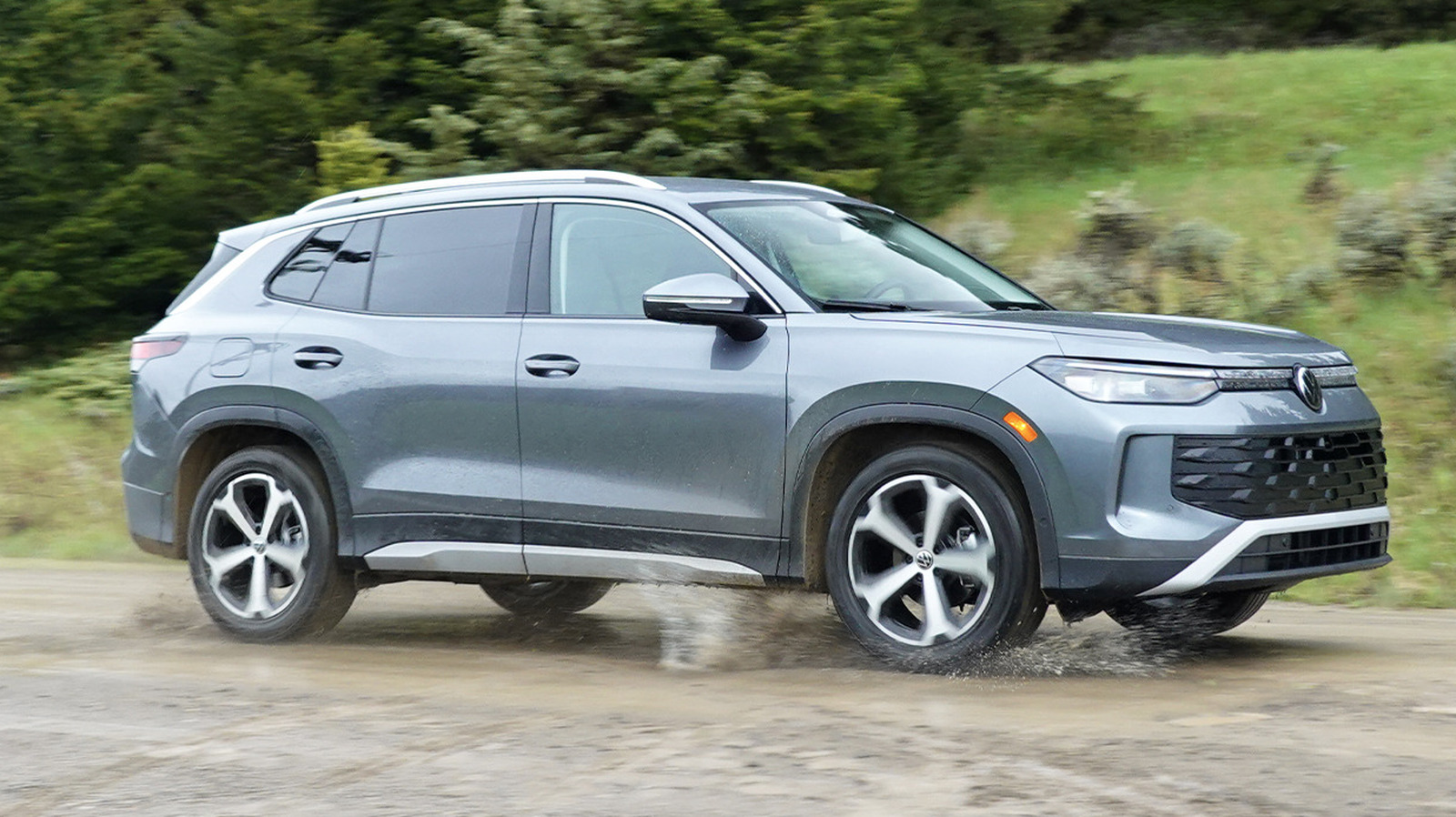



















































































































































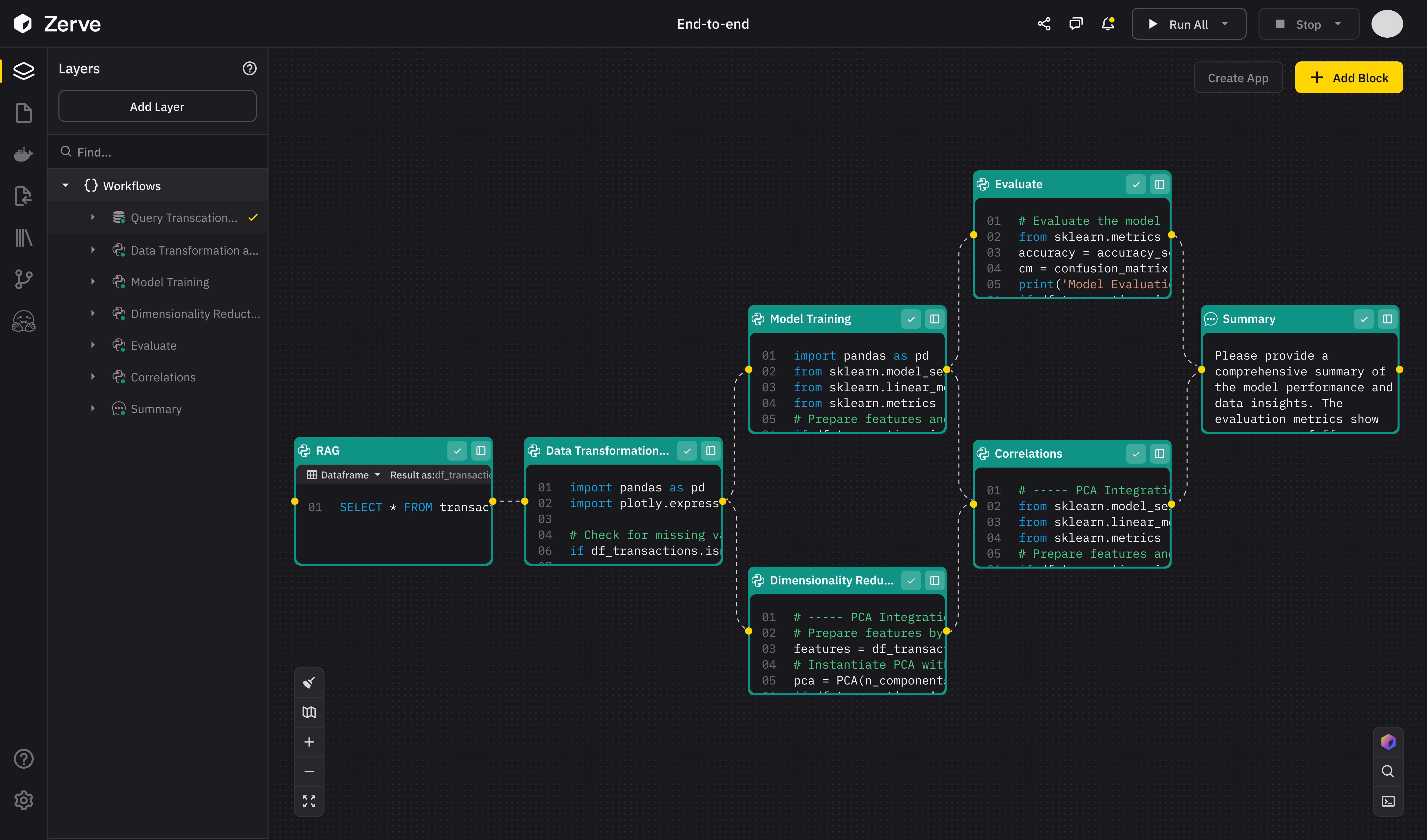












![[The AI Show Episode 147]: OpenAI Abandons For-Profit Plan, AI College Cheating Epidemic, Apple Says AI Will Replace Search Engines & HubSpot’s AI-First Scorecard](https://www.marketingaiinstitute.com/hubfs/ep%20147%20cover.png)
























![How to Enable Remote Access on Windows 10 [Allow RDP]](https://bigdataanalyticsnews.com/wp-content/uploads/2025/05/remote-access-windows.jpg)










